Can A Person With A Nigerian Flag Be Shot Or Killed? Daily Law Tips (Tip 682 ) by Onyekachi Umah, Esq., LL.M, ACIArb(UK)
Introduction:
Recently in social media, there has been a claim that a person displaying a Nigerian Flag, cannot be shot/injured or killed by the Nigerian Army or any law enforcement agent. Some say it a special code within the military and para-military. This work unveils what the Nigerian law says about relationship between a person with a Nigerian Flag and the law enforcement agents (including the military and the para-military). It considers the Right to Life and Dignity; Lawful killing; the Legal Framework of the Nigerian Flag; Patriotism and the Nigerian Flag; Shootings/Killings and the Nigerian Flag; the Interaction of “Obeying the Last Command” with human Rights and ends with a Recommendation.
The Right to Life and Dignity:
All persons in Nigeria have a right to life. No person in Nigeria can be tortured, dehumanized, cut, punched, shot or killed by any other person. So, ordinarily, no law enforcement agency, military or para-military can torture, shoot or kill any person in Nigeria. The Right to Life and the Right to dignity of all persons in Nigeria are among the fundamental human rights contained in the constitution of Nigeria.
It is important to mention that fundamental human rights are the natural entitlement of persons, they are legally provided by law and cannot be ordinarily denied by any person or government. Fundamental human rights are basic, elementary, mandatory, compulsory and unshakable entitlements of persons. Fundamental human rights are never purchased rather acquired by being a person (human being or corporate being).
Who Can Be Lawfully Shot/Killed in Nigeria?
Although the fundamental human rights of persons are golden, they are not absolute and unbendable. There are constitutionally approved restrictions to the fundamental human rights but never a lawful violation of human rights.
The Right to life and Right to Dignity of persons in Nigeria are fundamental human rights that must be respected by all persons (including, government, the military and paramilitary.) However, the constitution of Nigeria allows fundamental human rights to be restricted in certain rare circumstances with strict adherence to certain constitutional procedures.
In the constitution of Nigeria, there are special circumstances when the Right to Life of any person in Nigeria can be lawfully restricted/suspended. In other words, there are special conditions where a person in Nigeria can be lawfully killed. The only circumstances where the constitution of Nigeria allows the right to life of a person to be deprived are;
- Where there is a valid order of court in respect of a criminal case, ordering that a Convict be executed (killed). It is only a court of competent jurisdiction in Nigeria, after hearing a criminal case, that can convict a defendant and sentence the defendant to death. Example is where a person has been found guilty of murder by a State High Court after hearing a criminal case, the court have sentenced the murder to death, to be killed by hanging.
- Where a person is killed by another person in self defence or in defence of another person or in defence of a property from unlawful violence. A person can be lawfully killed, where the person killed in applying unlawful violence to another person and the killer acted in a reasonable defence. The killer must prove that the killed person was applying unlawful violence (like, shooting at the killer) and that the killer had no other reasonable option apart from applying similar violence. For example, an armed robber that shot several times at a victim and somehow the victim retaliates by throwing a knife that killed the armed robber. It is important to note that where a man is slapped and in retaliation, he used an axe on the slapper, the action of the man is not reasonable and equal. This is the exception that permits the law enforcement agents to shot and kill armed criminals during exchange of bullets/fire, where there are no reasonable means of arresting such armed criminals.
- Where a person is killed during a lawful arrest or in a process to prevent the escape of a lawfully detained person, so far as a necessary reasonable force is applied. The circumstances of each case matters and more importantly, the concerned law enforcement agent must be highly professional and must have exhausted every other reasonable option. For example, a law enforcement agent should not shoot a handcuffed suspect merely because the suspect was kicking the law enforcement agent with his legs, when the law enforcement agent could have tied the legs. Hence, only very reasonable minimal force is acceptable.
- Where a person is killed from a reasonable and necessary force applied by law enforcement agents to suppress riot, insurrection or mutiny, it may be a lawful killing. During riot, insurrection or mutiny the law enforcement agents can apply reasonable force as may be necessary to end such act, and any death resulting from such is not a violation of the right to life.
For avoidance of doubt, under the Criminal Code (a criminal offences law that operates in the Southern part of Nigeria) “Riot” is loud, confusing and disorderly gathering of three (3) or more persons that are disturbing the peace and safety of others. Under the Penal Code (a criminal offences law that operates in the Northern Nigeria), “Riot” is where force or violence is used by an unlawful assembly (a group of 5 or more persons with a common desire to intimidate government, public officer, law and to commit crime).
“Insurrection” is a violent up rise against the government. “Mutiny” is an up rise and revolt or coup against leadership, authority and government by the members of the military. Obviously, a peaceful protest is not a riot, an unlawful assembly, insurrection or mutiny. Consequently, peaceful protest is not any of the circumstances where there can be any lawful or justifiable shootings and killings.
Hence, apart from the above four (4) circumstances, there is no room, excuse or permission for any person whatsoever to shot or kill any person in Nigeria. Any killing outside the above 4 circumstances is an extra-judicial killing and should be prosecuted in court. Also, claims that any killing was done under any of the 4 circumstances should always be thoroughly investigated to avoid abuse and to promote justice.
The Nigerian Flag:
The Nigerian Flag is the official Flag of the Federal Republic of Nigeria. The National Flag was designed by Michael Taiwo Akinkunmi and officially flown on 1st October 1960, although it was adopted in 1959. It is made up of two colors; Green and White. “The green panels represent agriculture; the white stands for peace and unity”.
The National Flag can be flown in a public place in any part of Nigeria. Any person that intends to fly or display the National Flag in any public place needs the approval (license) of the Federal Minister of Interior Affairs, unless the National Flag is being displayed or flown to show patriotism and support for Nigeria.
Hence, the National Flag can be flown and displayed in any part of Nigeria and in a private or public place without any permit/approval, in a show of support for Nigeria. It is safe to assume that no law enforcement agency can arrest any person that is patriotic and supportive of Nigeria. The term “Public Place” includes any highway, wharf, street, bridge, parks, and thoroughfares, among other places.
Patriotism and the Nigerian Flag:
Patriotism is a strong and passionate support for one’s country. A patriotic Nigerian is a Nigerian that selflessly supports and promotes Nigeria. The constitution of Nigeria has given six (6) duties of any Nigerian in any part of the world.
The first of the 6 duties of every citizen of Nigeria, is to “abide by this Constitution, respect its ideals and its institutions, the National Flag, the National Anthem, the National Pledge, and legitimate authorities”. This shows how important the Nigerian/National Flag is to Nigeria and every citizen of Nigeria. Click this link to read more on the 6 duties of Nigerian; <https://sabilaw.org/six-duties-of-all-nigerians-in-any-part-of-the-world-daily-law-tips-tip-402-by-onyekachi-umah-esq-llm-aciarb-uk/>
By a federal law (the Flag and Coats of Arms Act), there are special duties expected of any person in possession of the Nigerian Flag. Among them are; the National Flag cannot be flown or displayed on the same staff (pole, pipe, stick or rod) or cross bar with the flag of any other State, or the flag of any other country. Also, the national flag must not be dirty, tattered, defaced and torn when displayed or flown.
Shootings/Killings and the Nigerian Flag:
As earlier mentioned, the only time a Nigerian (National) Flag can be used, flown or displayed without a license from the Minister of Interior Affairs in any public place, is where the flag is being used to show support and patriotism for Nigeria. However, the Flag and Coats of Arms Act states that the duty of proving that a Nigerian Flag is being used to show patriotism is on the user of the flag. This is understandably, after all, not even the devil knows the intention of any man. It is possible that one may hold a Nigerian Flag and still not be supporting Nigeria. Support to Nigeria is a state of mind that must be proved by any person that claims to be patriotic by his actions and inactions, aside holding the Nigerian Flag.
However, whether a person that is holding the Nigerian Flag is patriotic or not, such a person has fundamental human rights. After all, fundamental human rights are for Nigerians and foreigners. Also, whether a person is holding the Nigerian Flag or not, he/she has fundamental human rights. These include the right to life and the right to dignity of human person.
However, whether a person is carrying a Nigerian Flag or not, where a person commits any offence, the person must be arrested, charged to court and prosecuted. It is left for the court to hear the criminal case, convict the person and where necessary, sentence the person to death. Hence, the law enforcement agents, the military and para-military have no right to shot or kill any person, whether the person is carrying/holding the Nigerian Flag or not.
Where there is a peaceful protest there is no offence. Whether peaceful protesters have the Nigerian Flag or not, the fundamental human rights of the peaceful protesters must be respected and protected by all persons, including government, the law enforcement agents, the military and the paramilitary.
Where there is a riot, the government and the law enforcement agents are constitutionally allowed to apply and use necessary and reasonable force to quench the riot. In doing so, the reasonable force my affect the lives of rioters. Riot is not a peaceful protest and while government can use force on rioter, government should never use force on peaceful protesters.
While fundamental human rights can be restricted and suspended by government in stopping riots, no fundamental human right should be suspended during peaceful protests. Rather peaceful protest should be encouraged and the peaceful protesters protected at all times.
“Obeying the Last Command” and the Fundamental Human Rights:
Most people believe that law enforcement agents, the military and the para-military that violate fundamental human rights cannot be punished, since they are often just obeying the orders of a superior officer. This is incorrect, very wrong.
By a federal law made in 2017, known as the Anti-Torture Act, any officer in the forces, the military, the Police or any formation whatsoever, has the right to reject and refuse any order from a superior that will violate the fundamental human rights of any person. Hence, the code of “Obey the Last Command”, “Obey Without Complaint” or “Obey First” no longer matter. Rather they have now turned to; “Obey the Last Command that is Lawful”, “Obey Without Complaint, if the Order is lawful” and “Obey First, when the Order is Lawful”.
By the Anti-Torture Act 2017, an order from above, from superior officers, authority, even from the president of Nigeria, for the torture of any person is not a justification for torture. Rather the superior officers, the lower officers and all other persons involved in torture are punishable upon conviction with up to 25 years imprisonment.
Shooting and Killing are torture. Where there is torture by any security, military or para-military agency, the immediate commanding officer in-charge of the unit/department that committed such offence of torture will be held liable as an accessory to the crime, for any act or omission or negligence on his part that may have led to the commission of torture by his subordinates/colleagues. Any person that witnesses or is present when torture is being conducted is as liable as the person that conducted torture. Such witness is deemed as having participated in the torture. This applies to any person; military, para-military or civilian!
By the Anti-Torture Act 2017, any form of torture is an offence and a court can punish an offender with imprisonment for not more than 25 years, without an option of fine. Where torture leads to death, the violator will be tried for murder. The punishment for murder is death. Also, with internal disciplinary measures, the concerned police officer may lose his job too.
Recommendation and Conclusion:
Fundamental Human Rights are self-sufficient and they do not need the Nigerian Flag for them to be respected by any person. Irrespective of whatever any law enforcement agents, the military and para-military are taught, they must respect fundamental human rights of all persons in Nigeria even as they respect the Nigerian Flag. Both the Nigerian Flag and the fundamental human rights in Nigeria are created by the constitution of Nigeria. There is no reason to violate the constitution of Nigeria. If there must be a restriction of any fundamental human right, such restriction must be in line with the constitution of Nigeria.
Where there is a violation of fundamental human rights or an unlawful restriction of fundamental human rights, the victim or the supporters of the victim should approach a State High Court or the Federal High Court for adequate remedies/compensation. It is easy and fast to get judgment in such cases, because they are urgently treated. Just engage the services of a good lawyer.
My authorities, are:
- Section 1, 2, 3, 24, 33, 34, 318 and 319 of the Constitution of the Federal Republic of Nigeria, 1999.
- Sections 2, 7, 8 and 14 of the Anti-Torture Act, 2017.
- Sections 1, 2, 3, 4, 5, 6, 7, 8, 9 and 10 of the Flag and Coats of Arms Act, 1960
- Sections 1, 2, 3, 4, 69, 70, 71 and 72 of the Criminal Code Act, 1916.
- Sections 1, 3, 4, 5, 100, 105, 106 of the Penal Code Act, 1960
- The judgment of the Supreme Court of Nigeria (on meaning and nature of fundamental human rights) in the case of RANSOME-KUTI & ORS v. AG FEDERATION & ORS (1985) LPELR-2940(SC)
- The judgment of the Supreme Court of Nigeria (on meaning and nature of fundamental human rights) in the case of AGBAI & ORS v. OKOGBUE (1991) LPELR-225(SC)
- The judgment of the Supreme Court of Nigeria (on when and why fundamental human rights can be restricted/suspended) in the case of DOKUBO-ASARI v. FRN (2007) LPELR-958(SC).
- Onyekachi Umah, “Six Duties Of All Nigerians In Any Part Of The World” (LearnNigrerianLaws.com, 28 August 2019) <https://sabilaw.org/six-duties-of-all-nigerians-in-any-part-of-the-world-daily-law-tips-tip-402-by-onyekachi-umah-esq-llm-aciarb-uk/ > accessed 20 October 2020.
- A. Igoni Barret, “I remember the day … I designed the Nigerian flag” (Aljazeera, 3 September 2015)<https://www.aljazeera.com/program/episode/2015/9/3/i-remember-the-day-i-designed-the-nigerian/ > accessed 20 October 2020.
- Onyekachi Umah, ”Can Any State In Nigeria Own A Flag And Fly It Instead Of The National Flag?” (LearnNigerianLaws.com, 7 November 2018) <https://sabilaw.org/daily-law-tips-by-onyekachi-umah-esq-tip-222-can-any-state-in-nigeria-own-a-flag-and-fly-it-instead-of-the-national-flag/ > accessed 20 October 2020.
- “Federal Republic of Nigeria” (FOTW, 10 October 2015) <https://fotw.info/flags/ng.html > accessed 20 October 2020.
- Onyekachi Umah, “Is Obeying “Orders From Above” A Defence For Torture In Nigeria”, (Daily Law Tips [Tip 409]) <https://sabilaw.org/is-obeying-orders-from-above-a-defence-for-torture-in-nigeria-daily-law-tips-tip-409-by-onyekachi-umah-esq-llm-aciarb-uk/> accessed 5 October 2020.
- Onyekachi Umah, “Human Rights That Can Never Be Restricted Even In War, Pandemic or State of Emergency (Daily Law Tips [Tip 539]) <https://sabilaw.org/human-rights-that-can-never-be-restricted-even-in-war-pandemic-or-state-of-emergency-daily-law-tips-tip-539-by-onyekachi-umah-esq-llm-aciarbuk/> accessed 18 October 2020.
- “Demand justice for Police Brutality in Nigeria” (Amnesty International) <https://www.amnesty.org/en/get-involved/take-action/nigeria-end-impunity-for-police-brutality-end-sars/> accessed 5 October 2020.
- Onyekachi Umah, “Any Security Agency’s Manual/Protocol That Allows Torture Even For National Security Cases Is Unlawful And Its Officers Are Liable”, (Daily Law Tip [Tip 412] <https://sabilaw.org/any-security-agency-s-manual-protocol-that-allows-torture-even-for-national-security-cases-is-unlawful-and-its-officers-are-liable-daily-law-tips-tip-412-by-onyekachi-umah-esq-llm-aciarb-uk/> accessed 5 October 2020.
- Onyekachi Umah, “Does The President/Governors Have Powers To Lockdown Any Part Of Nigeria Or Restrict Human Rights?” (Daily Law Tips [Tip 537]) <https://sabilaw.org/does-the-president-governors-have-powers-to-lockdown-any-part-of-nigeria-or-restrict-human-rights-daily-law-tips-tip-537-by-onyekachi-umah-esq-llm-aciarbuk/ > accessed 18 October 2020.
- Onyekachi Umah, “When and How Can Government Prohibit Protest In Nigeria” (LearnNigerianLaws.com, 19 October 2020) <https://sabilaw.org/when-and-how-can-government-prohibit-protest-in-nigeria/ > accessed 21 October 2020.
- Onyekachi Umah, “What Is The Punishment For Any Person Including Police Officers That Tortures Another Person”, (Daily Law Tip [251]) <https://sabilaw.org/daily-law-tips-by-onyekachi-umah-esq-tip-251-what-is-the-punishment-for-any-person-including-police-officers-that-tortures-another-person/> accessed 5 October 2020.
- Peter Mwai, “Nigeria Sars protest: The misinformation circulating online” (BBC News, 23 October 2020) <https://www.bbc.com/news/world-africa-54628292 > accessed 23 October 2020.
#SabiLaw
#DailyLawTips
#SabiBusinessLaw
#SabiElectionLaws
#SabiHumanRights
#SabiLawOnBeatFm
#SabiLawLectureSeries
#CriminalJusticeMonday
#SabiLawVideoChallenge
Speak with the writer, ask questions or make inquiries on this topic or any other via info@LearnNigerianLaws.com or onyekachi.umah@gmail.com or +2348037665878. To receive our free Daily Law Tips, follow our Facebook Page:@LearnNigerianLaws, Instagram:
@LearnNigerianLaws and Twitter: @LearnNigeriaLaw
Please share this publication for free till it gets to those that need it most. Save a Nigerian today! NOTE: Sharing, modifying or publishing this publication without giving credit to Onyekachi Umah, Esq. and “LearnNigerianLaws.com” is a criminal breach of copyright and will be prosecuted.
This publication is the writer’s view not a legal advice and does not create any form of relationship. You may reach the writer for more information.
Powered by www.LearnNigerianLaws.com {A Free Law Awareness Program of Sabi Law Foundation, supported by the law firm of Bezaleel Chambers International (BCI).}


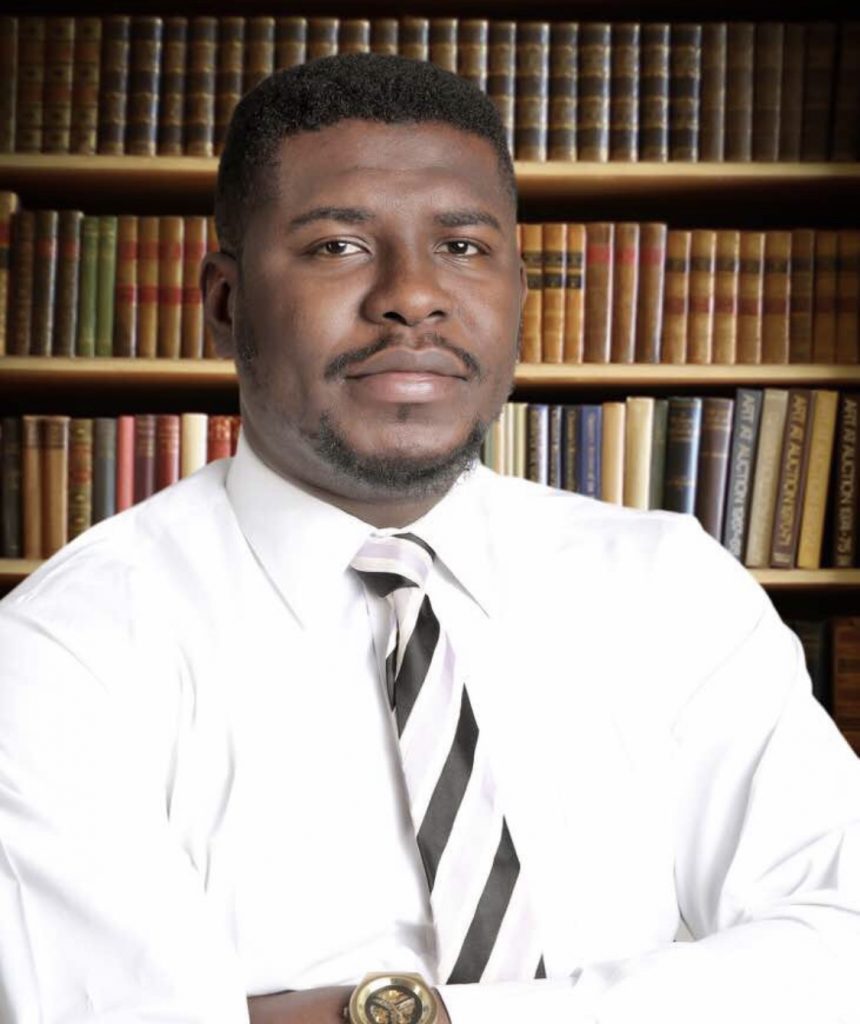









































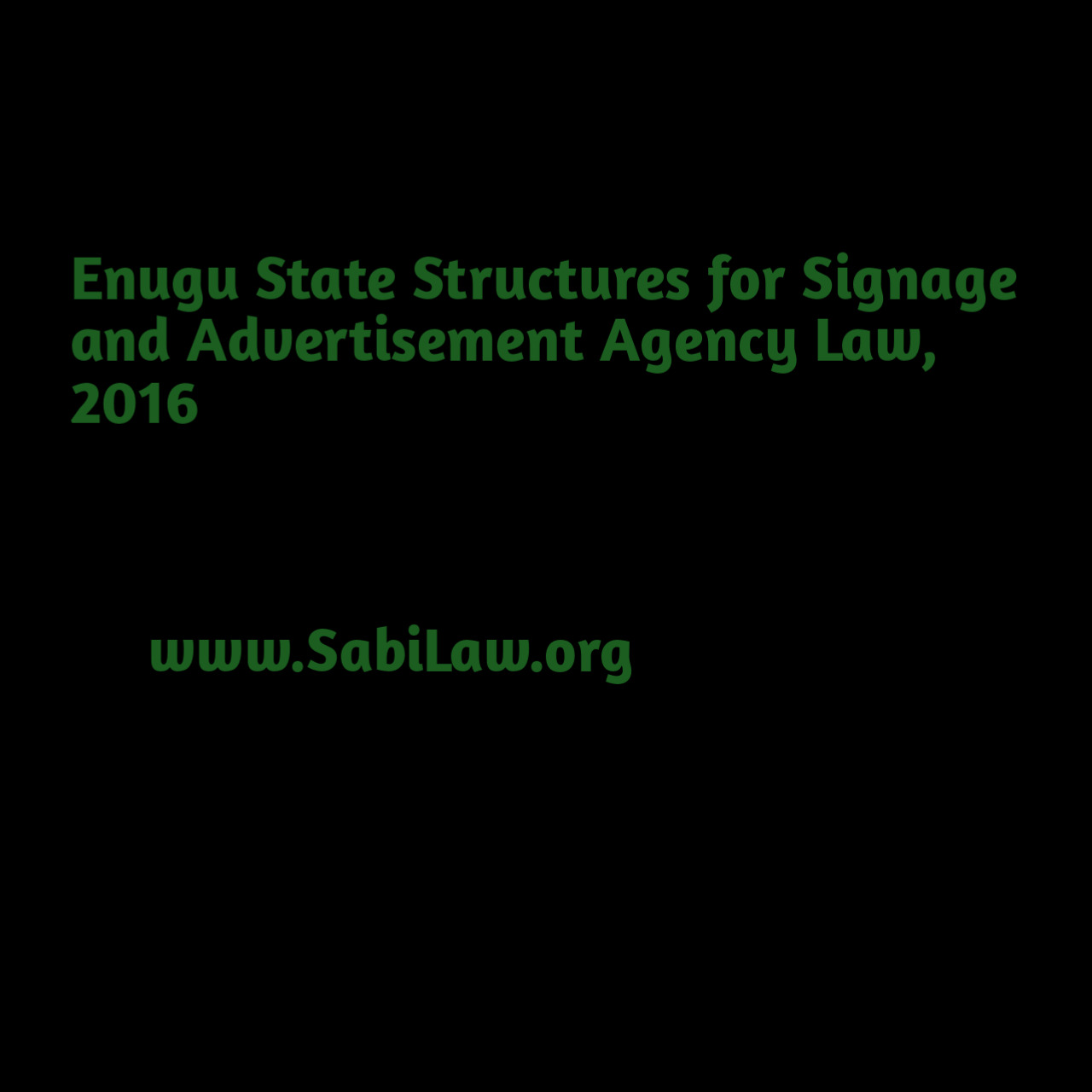
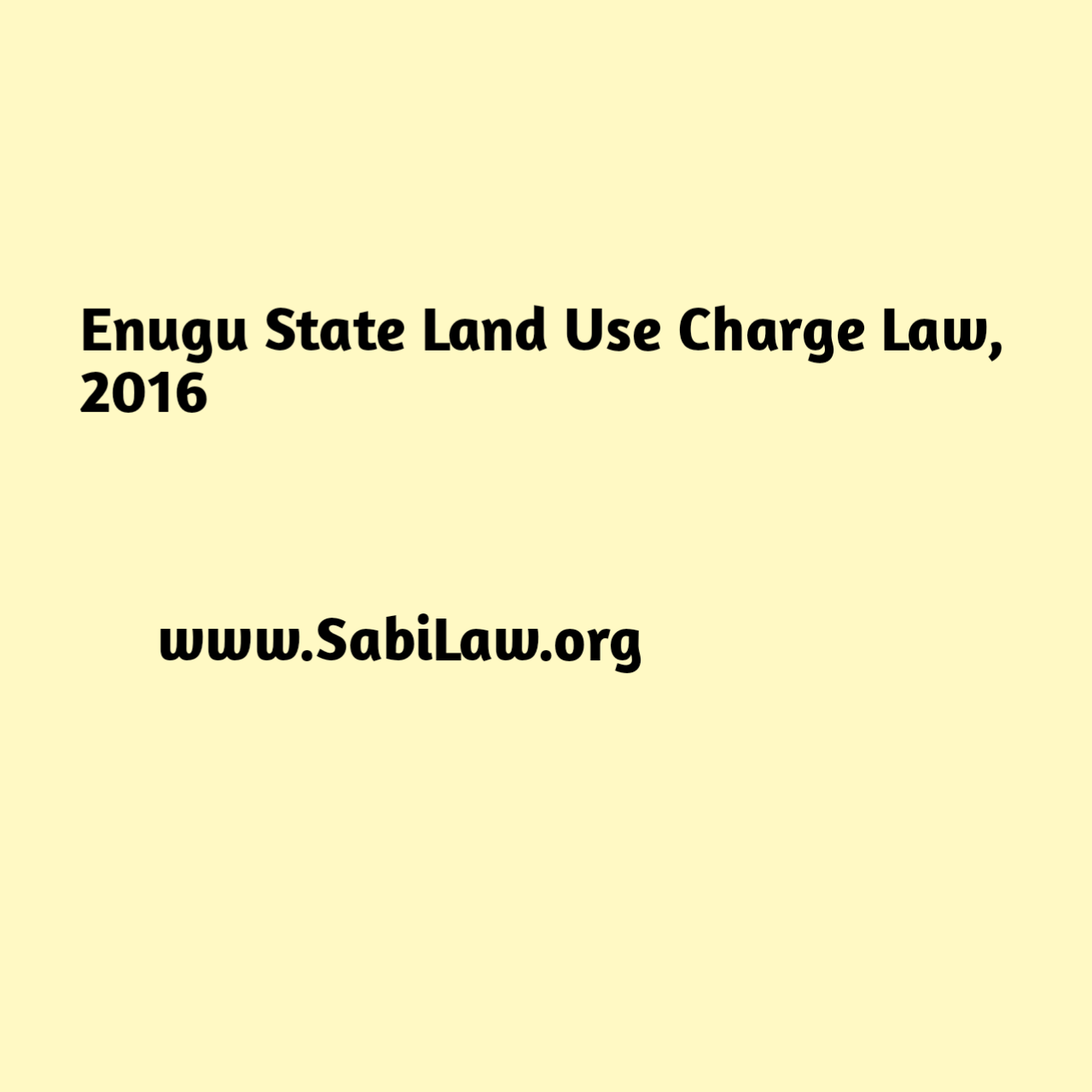
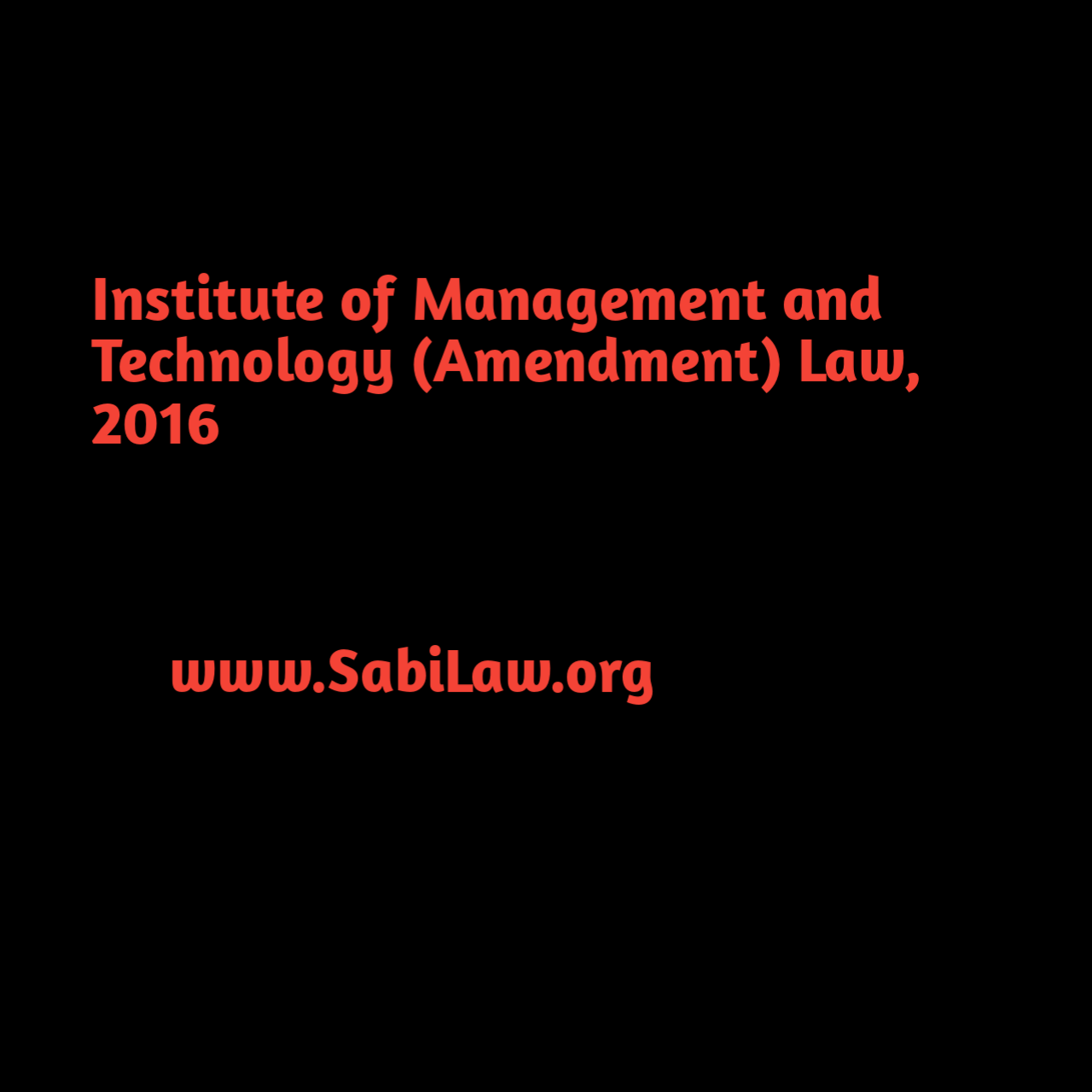
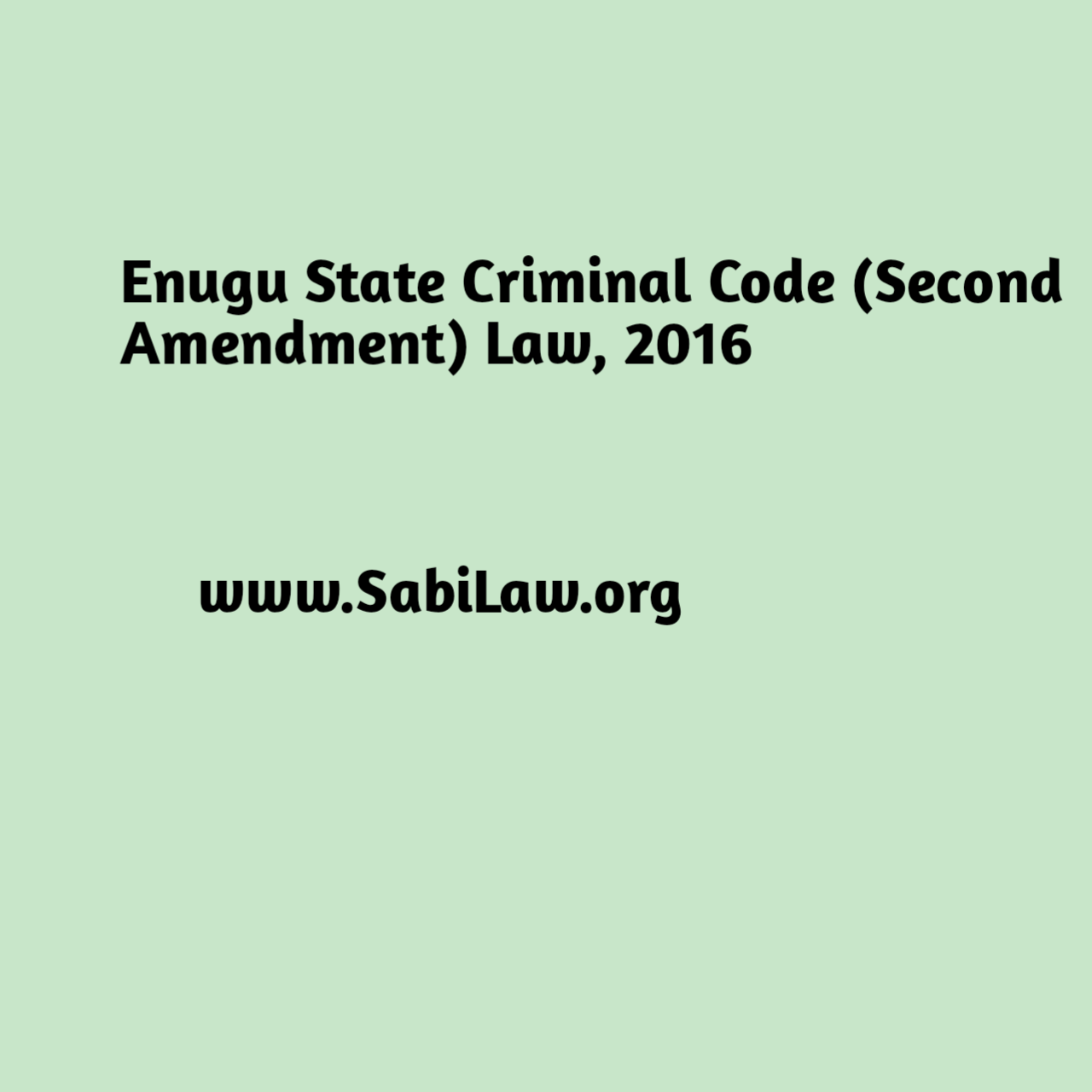
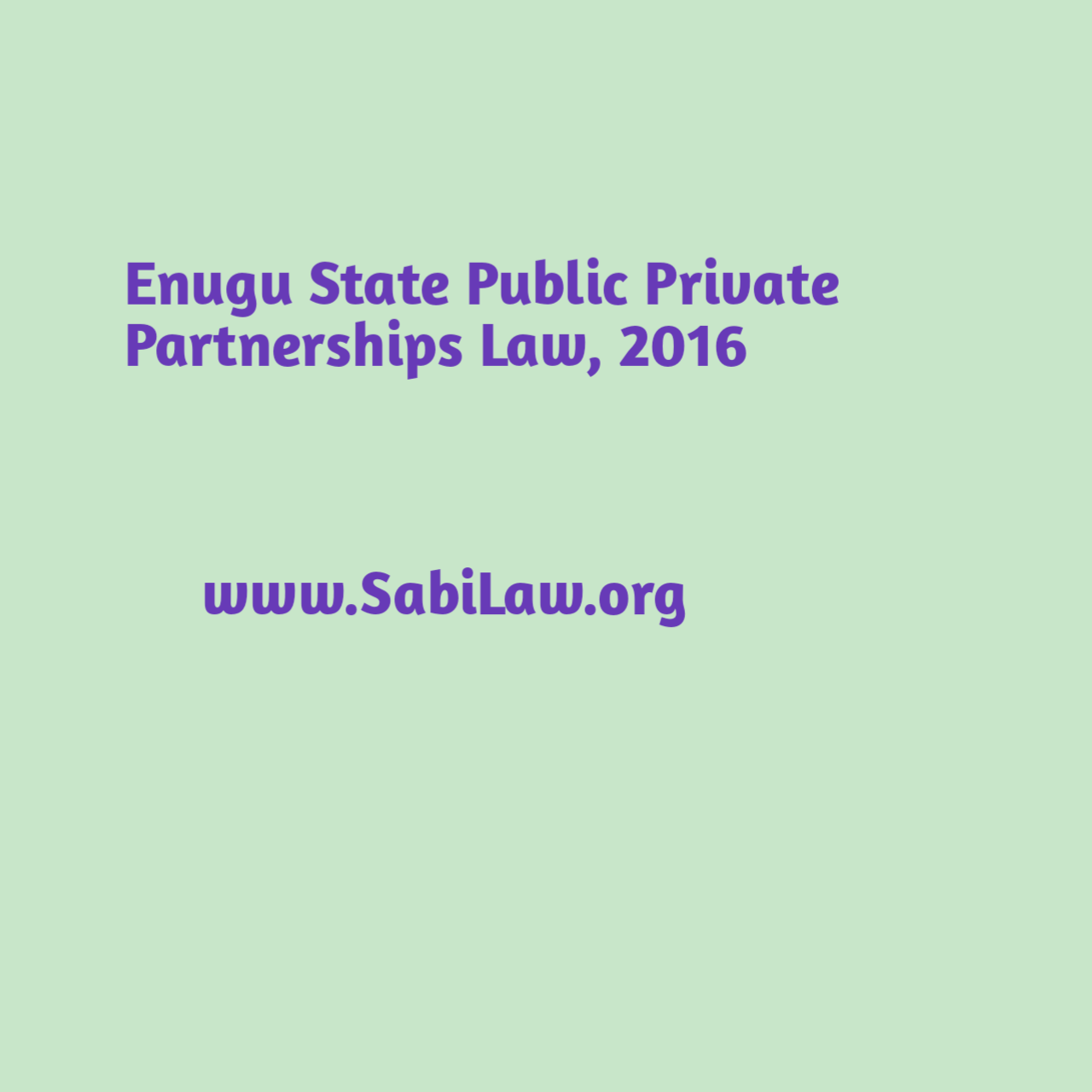
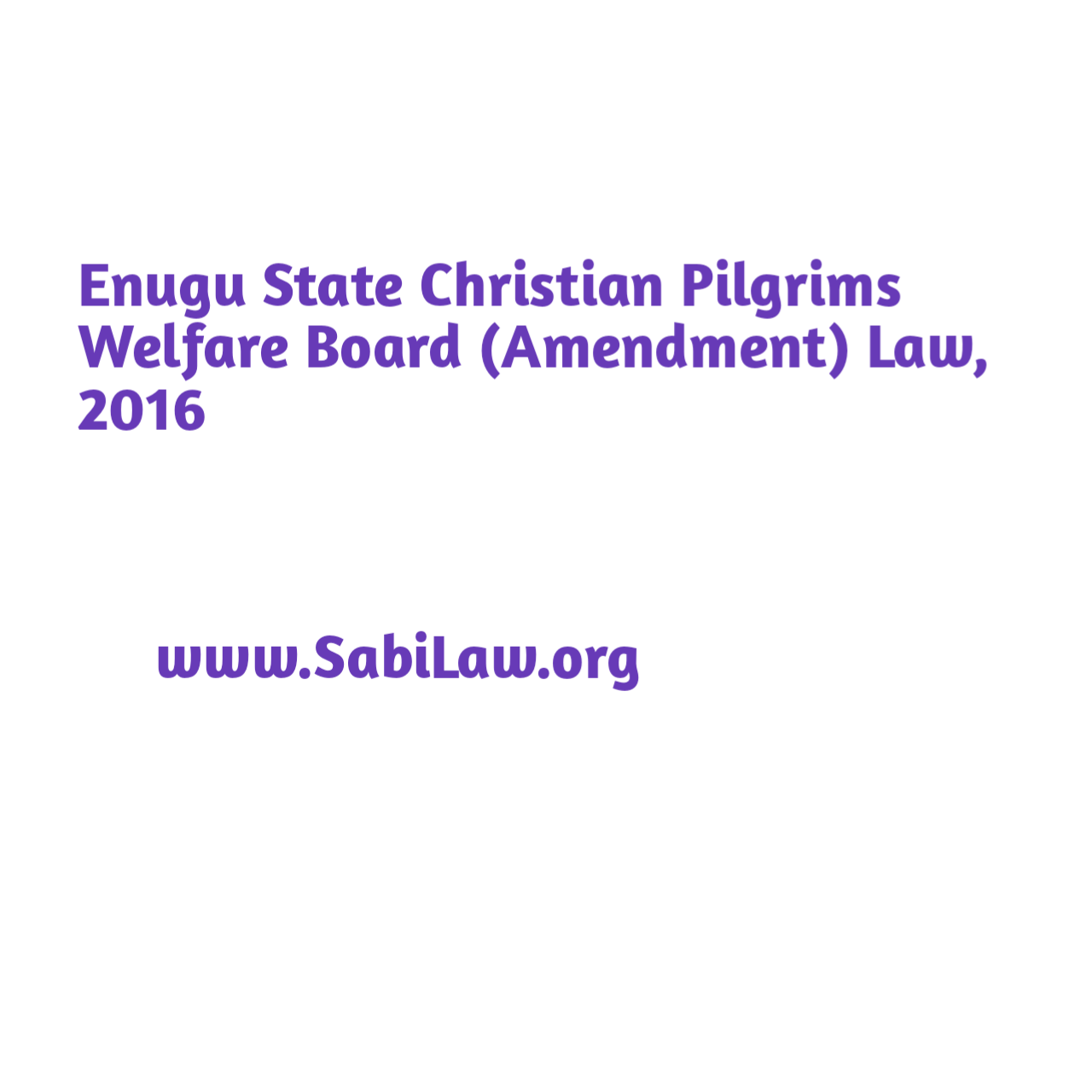
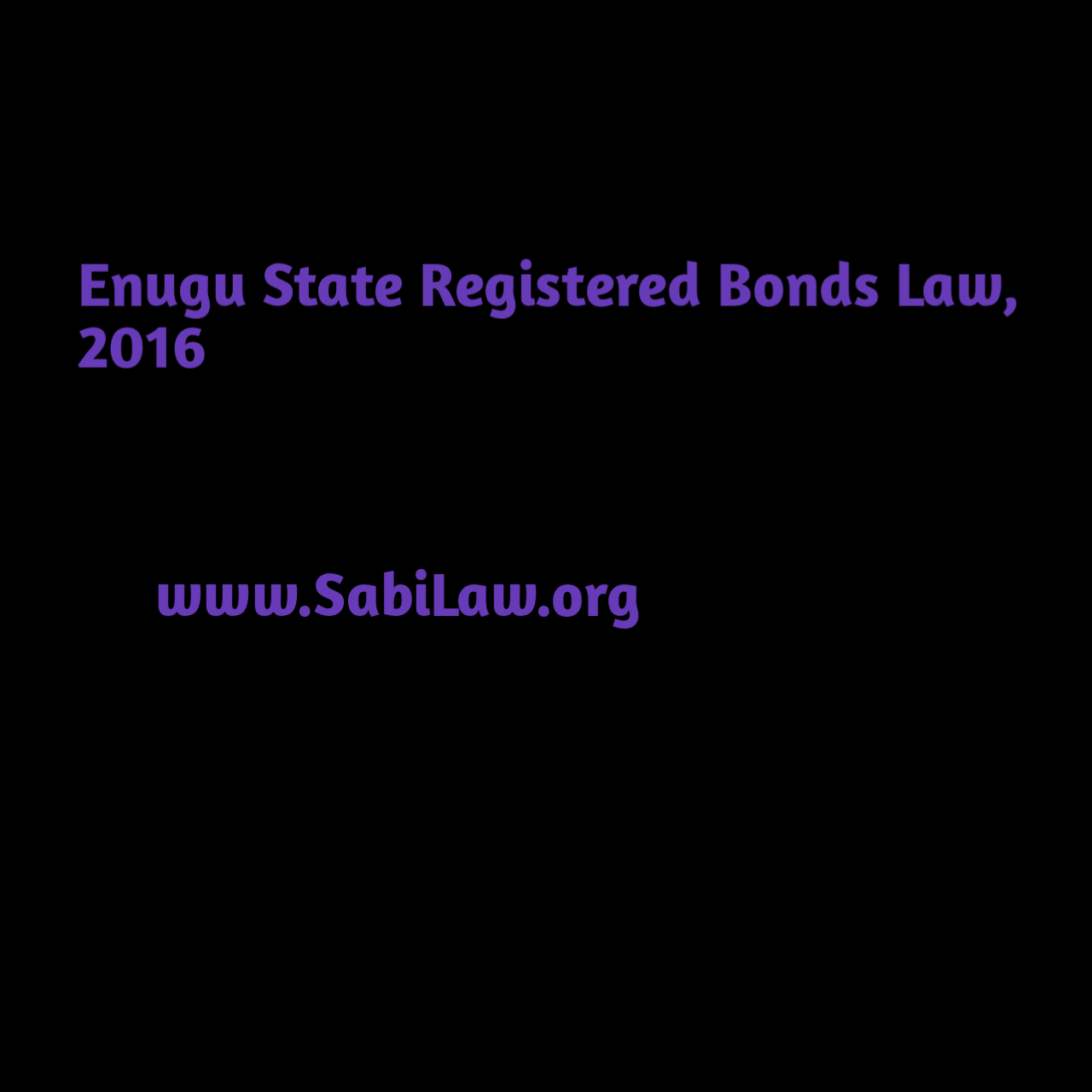
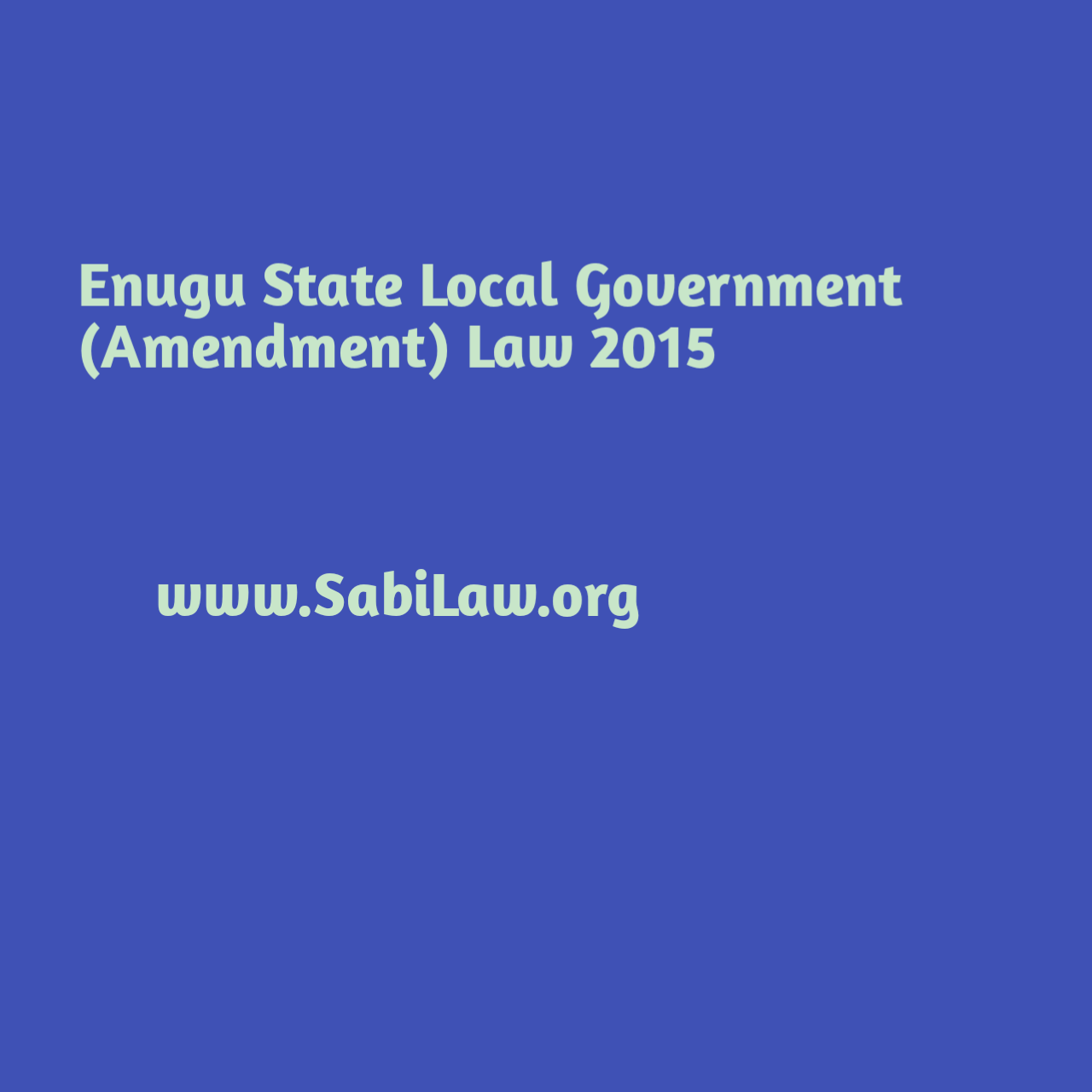
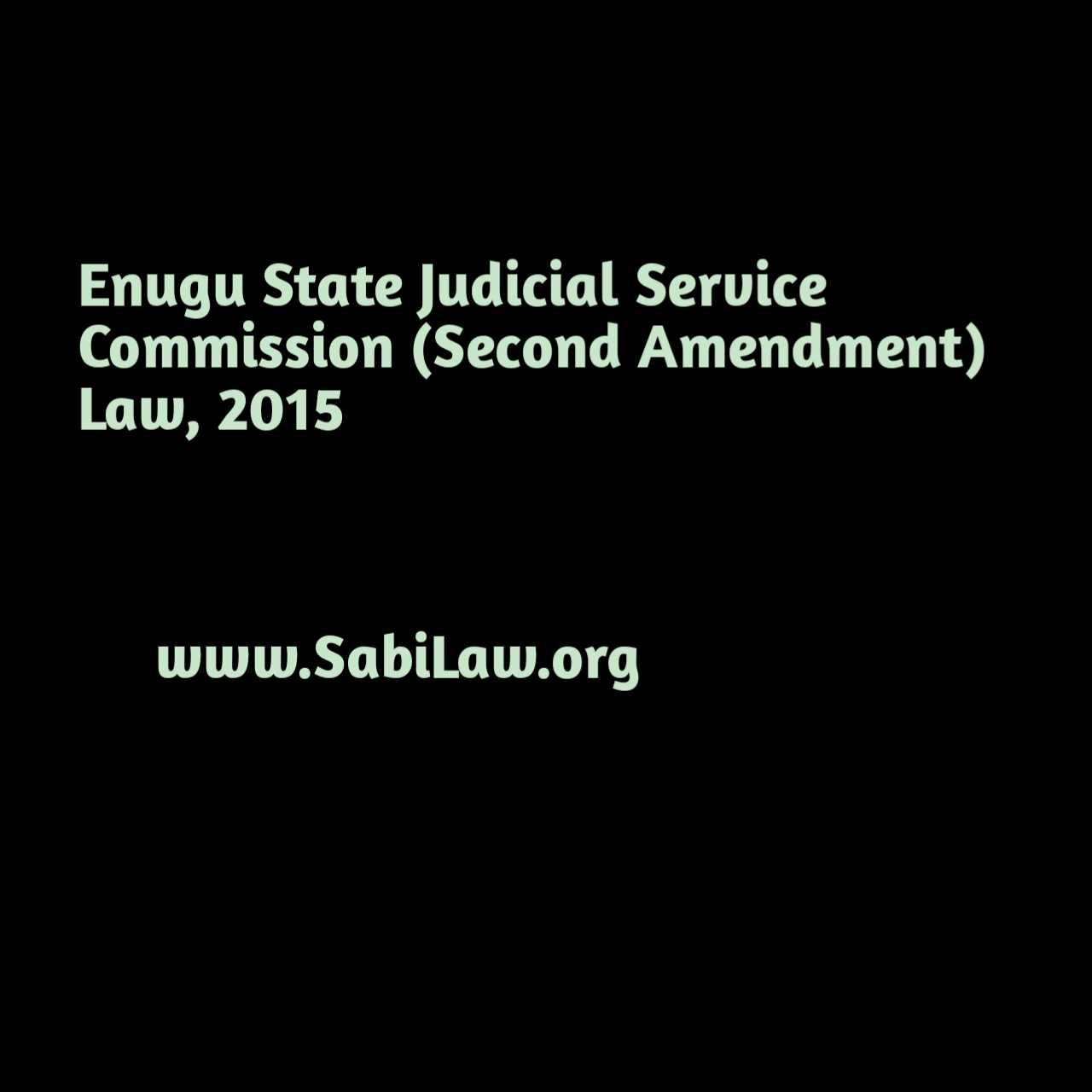
16 Responses